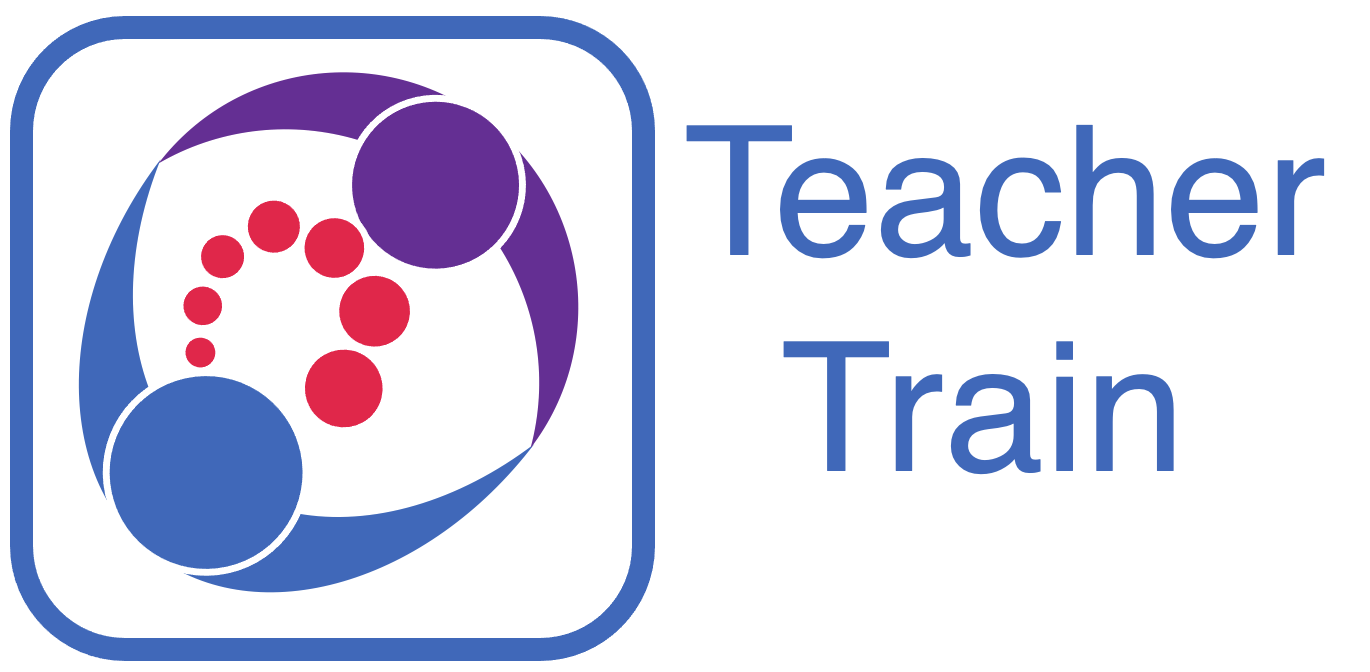Young Learners and grammar: how can we make it work?

Telling your young learners that they are going to learn all about the ‘past simple’ this morning, will be met with absent-minded stares and is unlikely to fill them with excitement. However, most schools and parents do expect young learners’ teachers to enable learners to get their ‘head around’ grammar rules. In this webinar, we […]
Managing Mixed-level classes in the YL classroom

Walk into almost any English-language classroom and you’ll encounter a mix of students with a range of abilities, interests, learning styles and English levels. It can be very challenging, then, for teachers to provide their students with the individualized support and instruction they need to learn best while also moving the whole class and curriculum […]
Professionalising global TEYL practices – Focus on global skills

Although some teachers might wonder if global skills have a place in teaching English to young learners (TEYL), I am a strong believer that we, as English language teachers, have an important role to play in raising learners’ awareness of the significant challenges the world is facing. Focusing on global issues in an age-accessible way and […]
Learning for themselves: putting the learner in the driver’s seat

For teachers of Young Learners I was invited by Macmillan Education to speak about enhancing Learner Autonomy, a key skills for successful learning, in August 2020 when we all returned to our ‘new normal’ classrooms for the year… Back to school or not back to school, that seems to be the question in these challenging […]
How to implement guided reading

This teachers‘ guide introduces you to guided reading. Guided reading is a common differentiated teaching approach used in the young learners’ classroom to develop learners’ reading skills. It aims at helping all learners become confident and effective readers, starting at the level they are at. Guided reading is used to close the gap between shared […]
Vocabulary matters. A talk and vocabulary-focused approach for rich guided reading

This teacher’s guide highlights the importance of explicitly teaching vocabulary in the young learner classroom. The understanding of written text means that we need to move our learners from using social, everyday vocabulary to talk to recognising and using more abstract vocabulary used in writing. Learners need extensivevocabulary building, multiple exposures to the new vocabulary, […]
Developing Reading Comprehension Skills

As you might know, reading is one of my favourite past times but if you ask me how I got taught how to read and enjoy it… I have no idea! However, as I have mentioned before reading is an unnatural skill for our brain and needs explicit instructions. In this webinar for Macmillan International […]
Mindsets in the classroom

“For Learners to have a true sense of their abilities, they not only need to learn but they also need to know that they know.” Richard Bandler As soon as we get our math books out, one of my 6-year-olds starts shouting out, “I can’t do that Miss, too hard… you know. My mum also […]
Using Images in the Primary Classroom

Images are powerful tools for learning. In this blog posts written for National Geographic Learning, you will find different ideas for how to use images in the young learner classroom. https://infocus.eltngl.com/author/anna-hasper/
Developing Vocabulary Skills through Reading

In this webinar for Macmillan International Curriculum, October 2018, I talk about the importance of developing children’s vocabulary to make their learning-to-read journey more enjoyable and explore how we can further develop learners’ vocabulary skills through reading.
